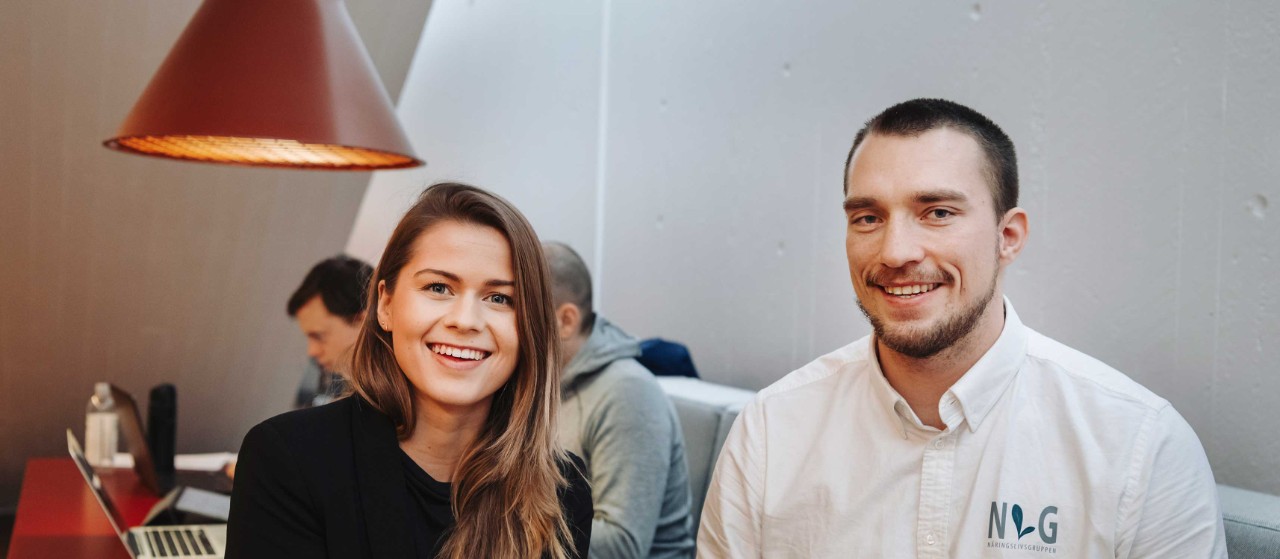
Energy and environment in focus for future engineers
3 APRIL 2019
Attractive and highly qualified engineering and graduate education provide the basis for maintaining and developing automotive research in Sweden. The cooperation between KTH and Scania was established many years ago and aims at improving Scania’s access to advanced expertise and strengthening KTHs research and education.
Provision of expertise is an increasingly important core issue in the transport industry and at the same time the academic community sees the need to strengthen external links with businesses. The cooperation between KTH and Scania will promote closer dialogue on future expertise requirements and research.
A lecture about the future demands in the transport industry
Nils-Gunnar Vågstedt, Head of Innovation at Scania R&D and also a former student at KTH, held a popular lecture at KTH about electromobility. The students were enlightened of what it will take from the transport industry to meet the future demands on sustainability. It also made them think about the way forward.
Ingeborg Myhrum Sletmoen, Ida Pehrson and Erik Östling are all studying at the most recent programme in civil engineering at KTH, Sustainability and Environmental Engineering, which focuses on a sustainable society and technology with innovative solutions within the areas of energy and environment.
“Now I understand how Scania works with sustainability”
Östling has always been interested in transport and Scania caught his eye at a recruitment fair. “Now I understand how Scania works with sustainability. It’s promising that they want to take on such a responsibility for the future.”
Transport is something that the students talk about during their course in lifecycle analysis. “Scania has been brought up several times as an example. Of course, transport is a major part in all our subjects,” Myhrum Sletmoen says.
For Ida Pehrson, Scania is familiar as she is a former participant and winner of ASAP2030. “I think Scania makes it clear what the future challenges are and what global forces that have an impact on their business and the entire transport sector.”
Suggestions for a sustainable future
For Scania to increase the engagement and do even more for a sustainable future, the students have some suggestions.
“There’s more than one way to go,” Östling says. “If you are the leader in one area, that solution is what you praise, but there can be other solutions. I believe we need a mix of different kinds of transport.”
For Myhrum Sletmoen, co-operation is the key: “To share knowledge in a more open way than we do today. If you could find a technical solution for everyone to use, that could really make a difference.”
The consequences are what Pehrson thinks of: “We need to consider what kind of material we are using, for instance in batteries, so we’re not creating new issues for the environment.” But she also sees a lot of potential: “Scania can encourage a faster development towards sustainable transports that benefits us all.”